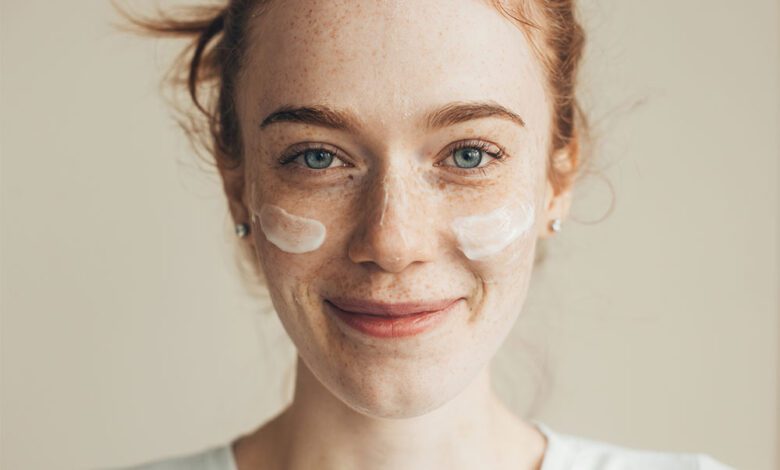A Complete Guide to a Pregnancy-Safe Beauty Routine

The Top Non-Surgical Treatments to Avoid During Pregnancy
Injectables
You may have a schedule of injectables before pregnancy, or you may look in the mirror after giving birth and become acutely aware of the wrinkles and hollows that seem to appear as quickly as your baby bump. While neuromodulators, such as BOTOX and DAXXIFY, or fillers, are effective solutions to those concerns, none are safe to use during pregnancy.
“If you receive BOTOX and find out you’re pregnant at the time, the chances of BOTOX or fillers causing any issues with the pregnancy and the fetus are minimal,” says Ari Hoschander, MD, a board-certified plastic surgeon in New York. “However, I would never inject neuromodulators or fillers into someone who knows they are pregnant. Any clinical study to try this would be unethical, so there is little information on the risks.”
We can’t always plan for life’s surprises, you may not have known you were pregnant when you had the injection and are now worried about the risks. First, take a deep breath—the bioavailability of neuromodulators in the bloodstream is low so it’s unlikely to cause a problem. However, if you’re trying to conceive, it may be worth stopping any injectables for about three months before it’s safe. You can also talk to your plastic surgeon or dermatologist to discuss the best course of action with your conception plans.
The safety of postpartum injectable use depends on whether or not you are breastfeeding. “It is recommended to avoid neuromodulators while breastfeeding because it is not known if the toxins can spread to the child through breast milk. Hyaluronic acid fillers, on the other hand, are considered safe to receive while breastfeeding,” explained Dr. Hoschander.
Microcurrent or High-Frequency Treatment
Outside of the realm of injectables, one treatment that is not commonly mentioned is the use of microcurrent or high-frequency, said Dr. Nichols. Microcurrent devices, often used at home or during facials, deliver electricity to muscles and skin that are said to lift and tighten the overall appearance of the face. High frequency current is also used to treat various skin conditions, often found in the esthetician’s or dermatologist’s office. “Patients experience a hormonal imbalance within their skin, which results in a higher sensitivity to their routine treatments. It is best to avoid any type of energy-based devices during pregnancy to reduce the risk of irritation and damage to the fetus,” explains Dr. Nichols. Dr. Hoschander also recommends her pregnant patients stay away from skin care lasers and energy-based treatments.





